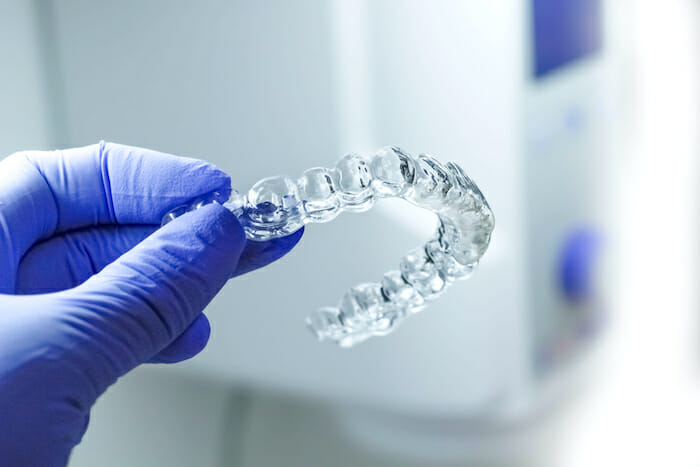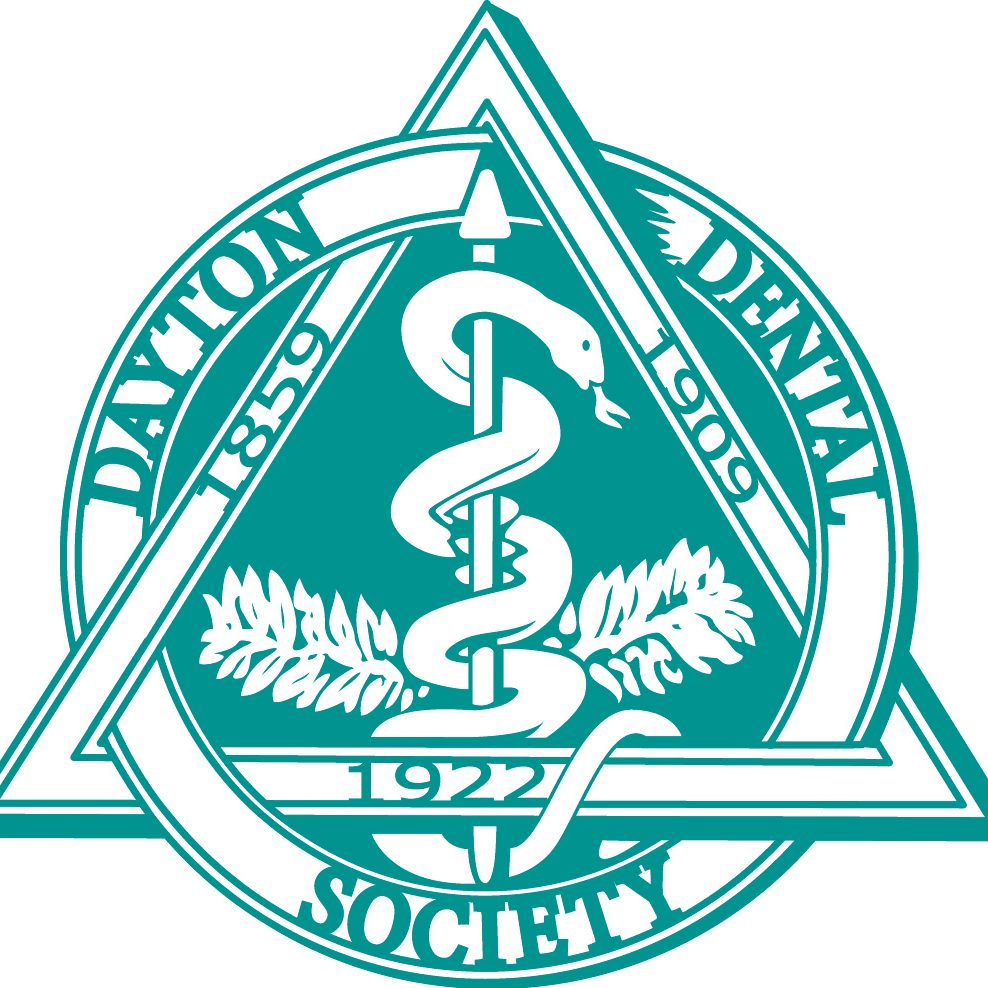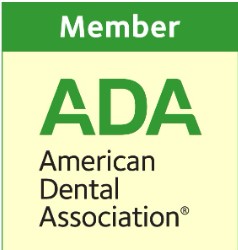Nightguards Dayton, OH
 Just like you can develop dental health problems while you’re awake, you can also develop them when you’re asleep. Oral health issues like sleep bruxism and temporomandibular joint (TMJ) disorder can cause pain, discomfort, and damage to your teeth during the night.
Just like you can develop dental health problems while you’re awake, you can also develop them when you’re asleep. Oral health issues like sleep bruxism and temporomandibular joint (TMJ) disorder can cause pain, discomfort, and damage to your teeth during the night.
At Steve A. Sato, DDS, we provide our patients with a simple solution to the dental health problems associated with sleeping —nightguards.
What Is a Nightguard?
A nightguard is a mouthguard designed to be worn at night to protect a patient’s teeth from damage incurred due to grinding and clenching.
How a Nightguard Helps Protect Your Teeth
A nightguard can protect your teeth from the damage caused by two common disorders: sleep bruxism and TMJ disorder.
Understanding Sleep Bruxism and TMJ Disorders
Sleep bruxism is a condition characterized by clenching your jaw or grinding your teeth at night. While we don’t fully understand what causes a person to develop sleep bruxism, we do know that stress, genetics, alcohol use, sleep apnea, and TMJ disorders can all play a role.
TMJ disorder occurs when the temporomandibular joints (responsible for the movement of your jaw) do not function properly. This painful disorder can be caused by various factors including injuries, malocclusion, misaligned jawbone, genetics, and more. Depending on the underlying cause of your TMJ disorder, there are several treatments that can help you find relief. In the meantime, however, you can protect your teeth from the clenching and grinding that can occur at night with a nightguard.
Although it can be difficult to stop sleep bruxism altogether and treat TMJ disorders, a nightguard can protect your teeth from the additional wear and tear that grinding and clenching expose them to.
Signs You Might Need a Nightguard
If you aren’t sure whether you grind your teeth or clench your jaw while you sleep, you’re not alone. People often aren’t aware of these behaviors because, of course, they’re asleep while they’re happening.
There are, however, some telltale signs and symptoms that could indicate that you’re suffering from sleep bruxism or a TMJ disorder. These include:
- Waking with pain or tenderness in the jaw and/or face
- Stiffness in the jaw
- Ear pain
- Sensitive teeth
- Frequent headaches and migraines
- Receding gums
- Indentations in your tongue
- Chipped, broken, fractured, or flattened teeth
In addition to these signs and symptoms, our dentist might notice signs of excessive wear and tear on your tooth enamel that can indicate bruxism.
Find Out If a Nightguard Could Help You
To learn more, we welcome you to contact our office today if you think you might be grinding or clenching your teeth at night. Dr. Sato can examine your teeth to determine whether a nightguard could help you find relief and protect your teeth from the pain and discomfort of bruxism or a TMJ disorder.




